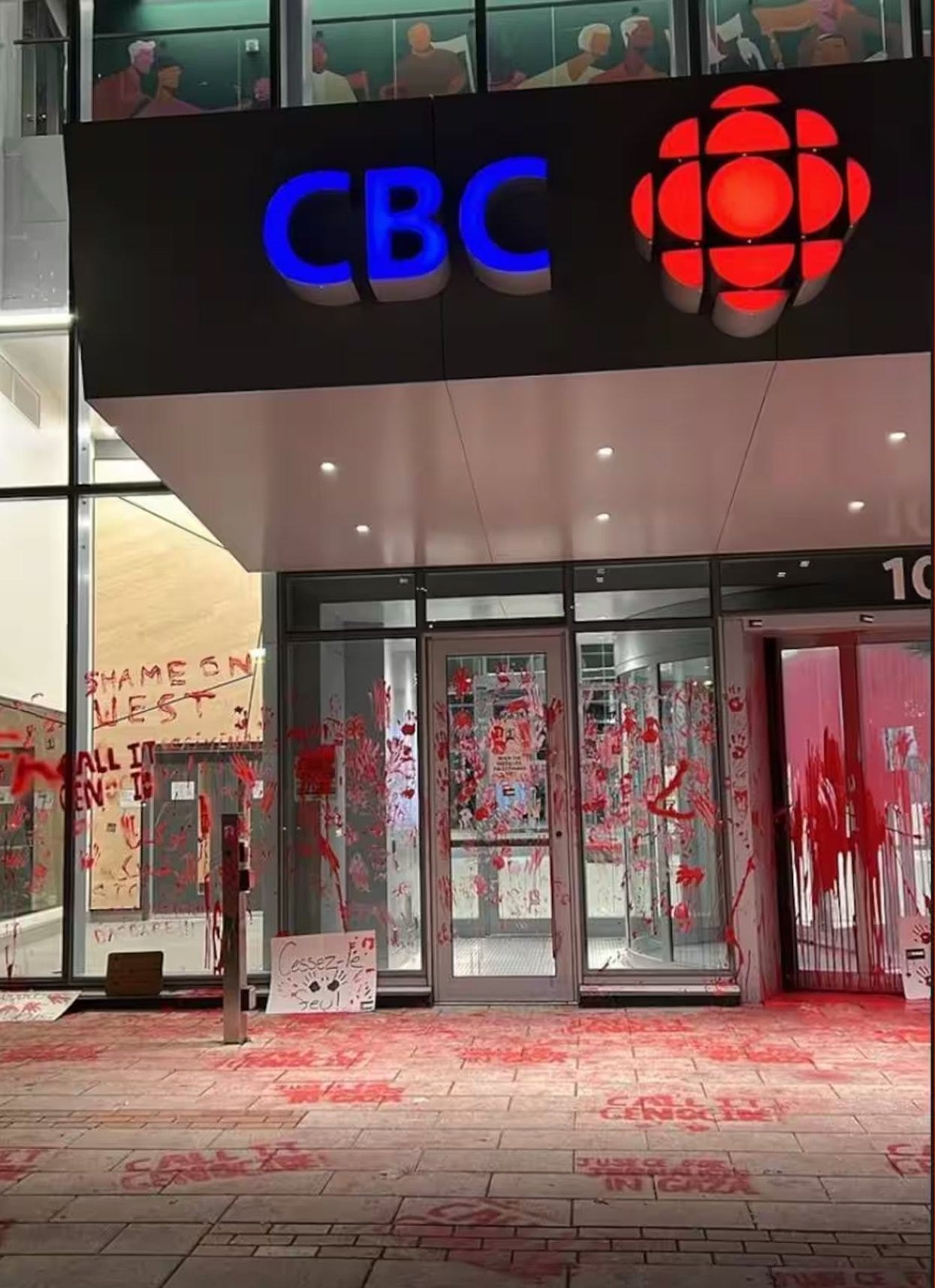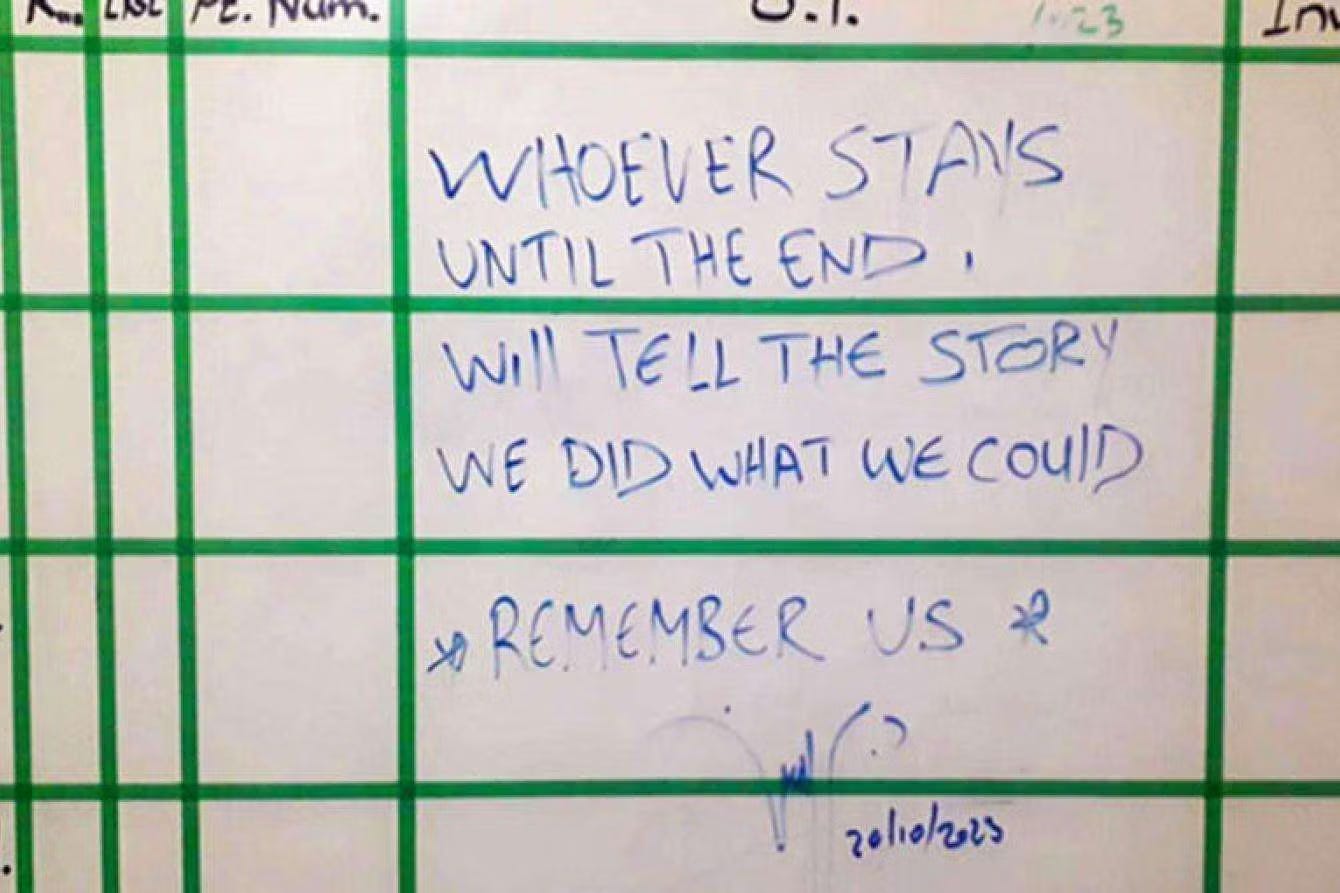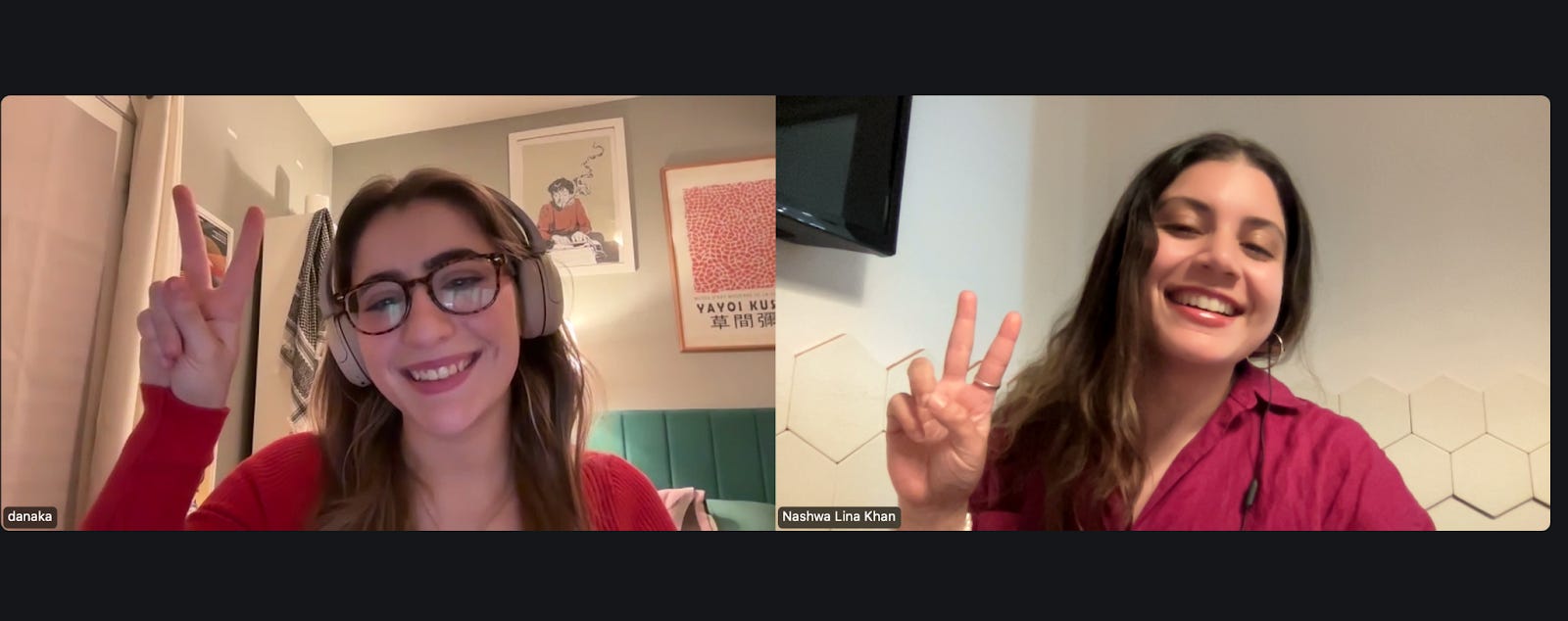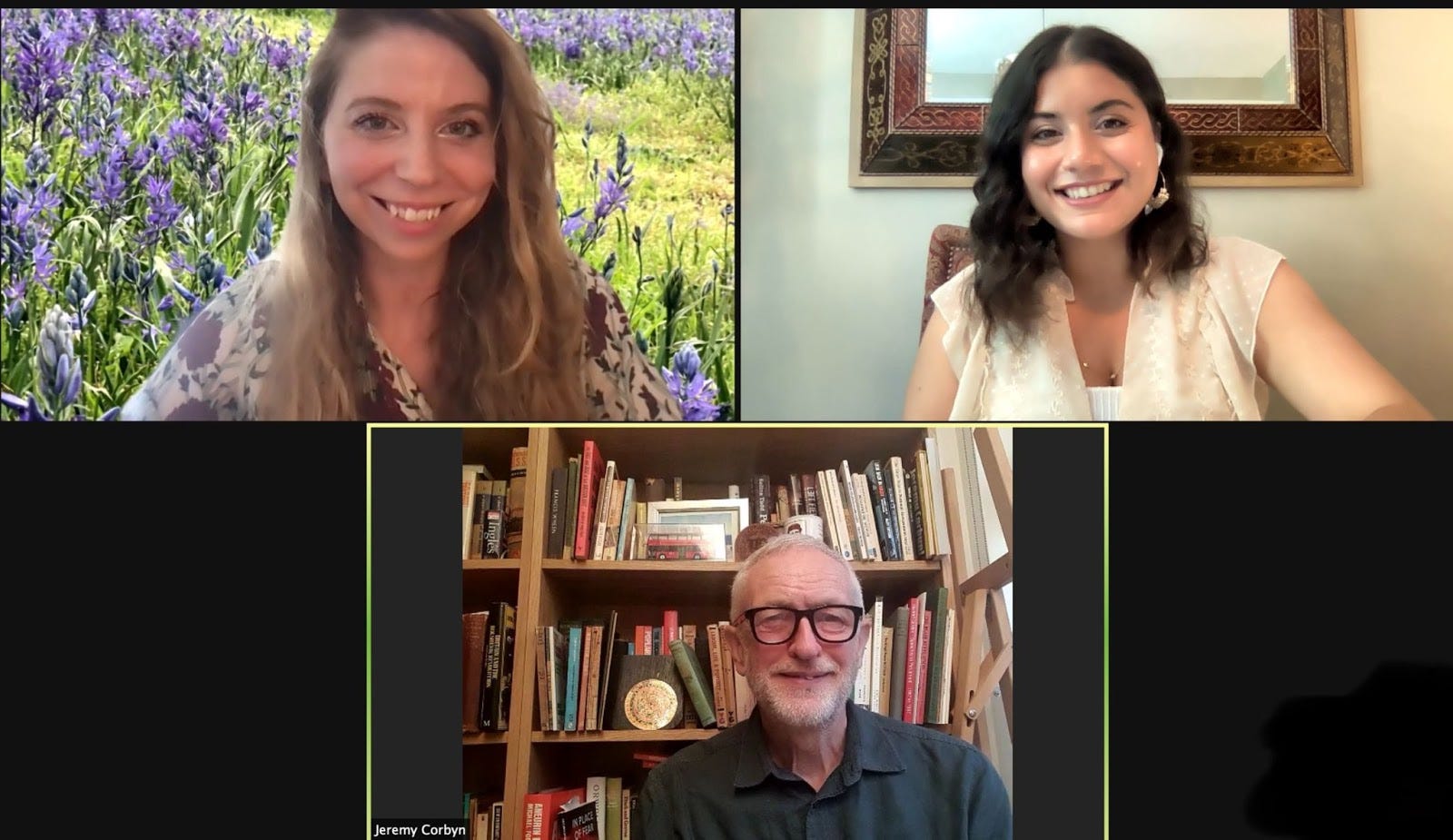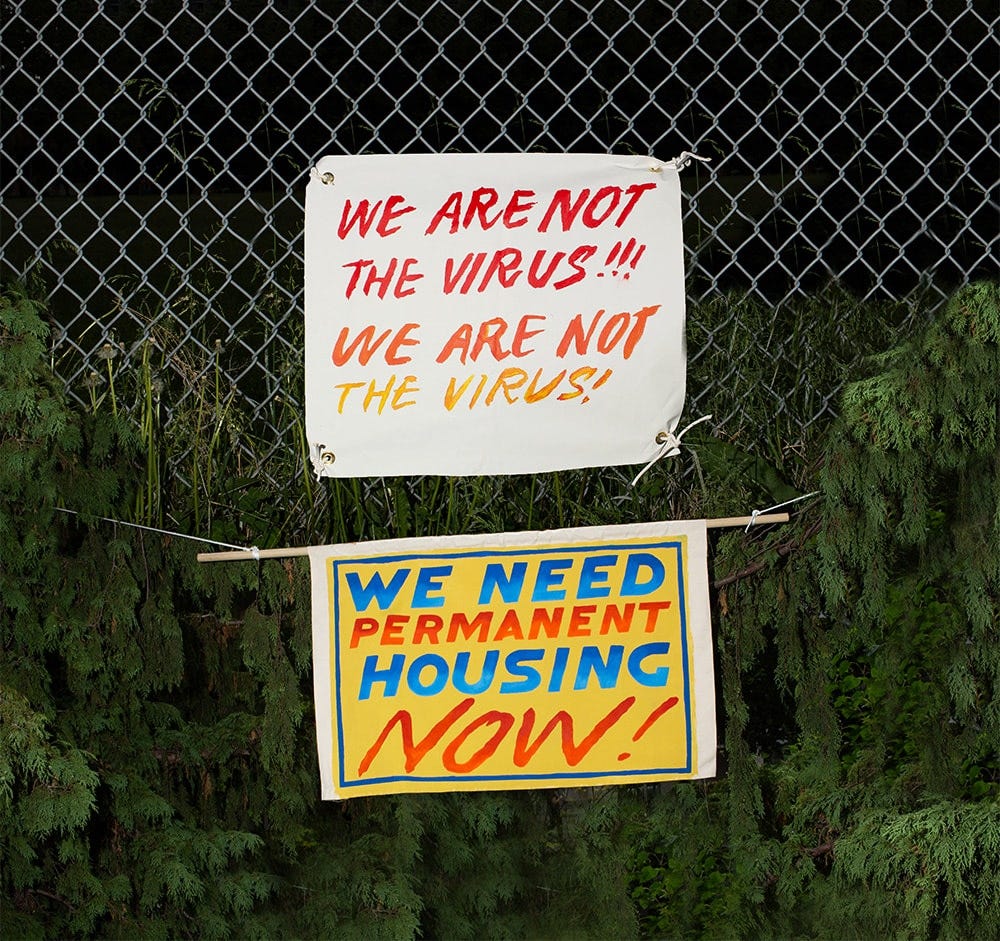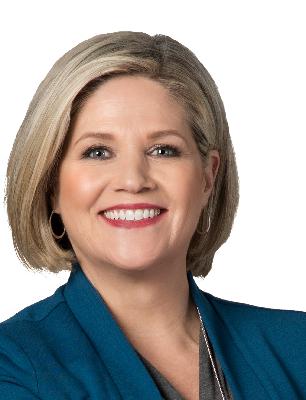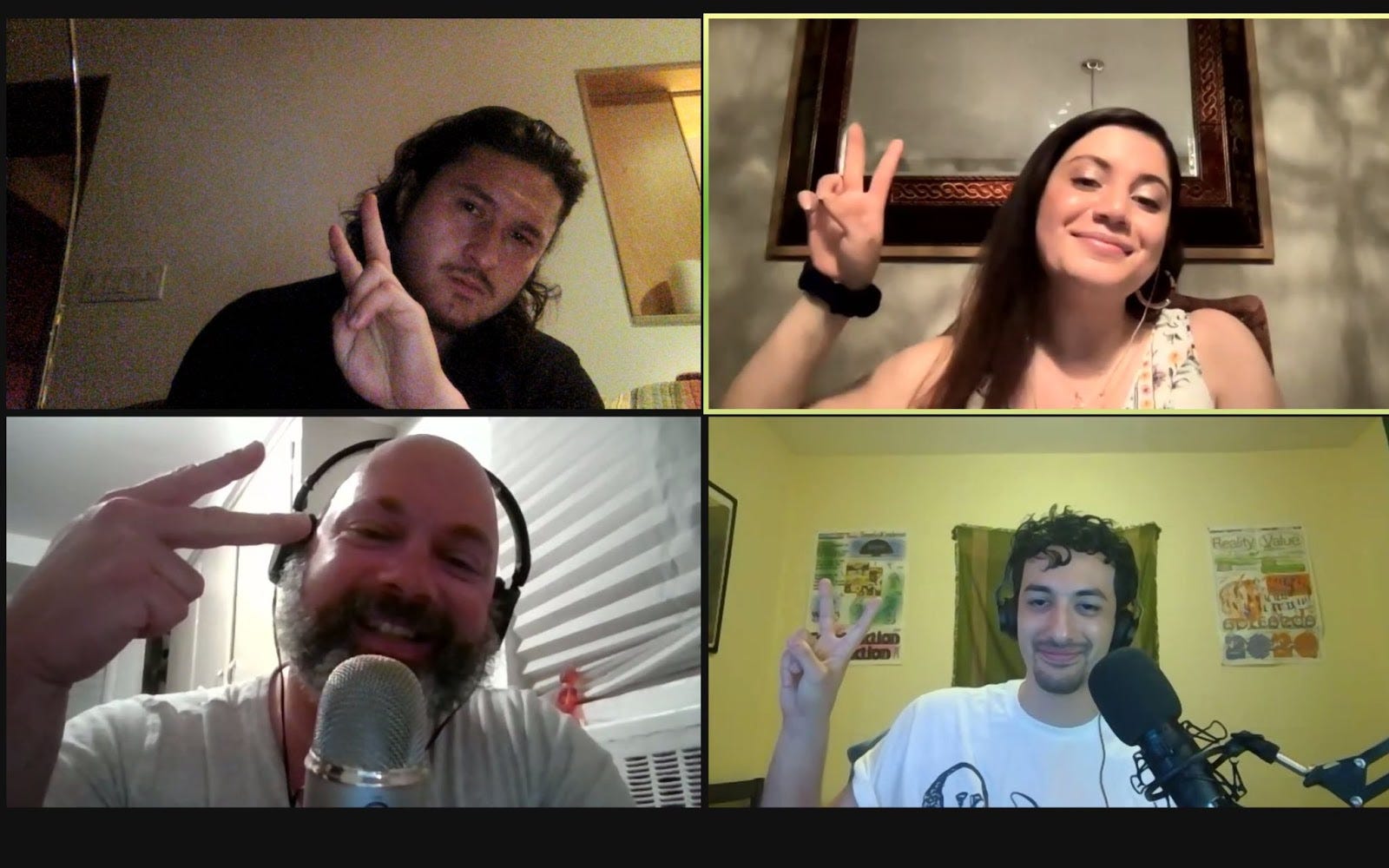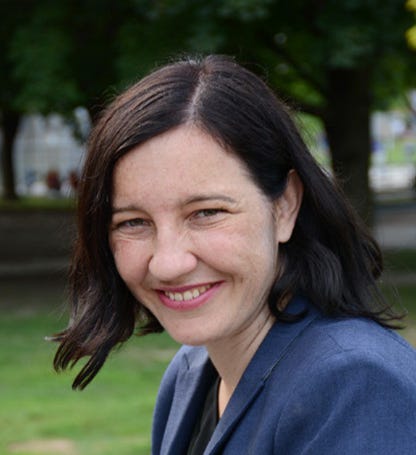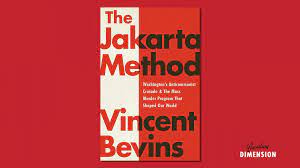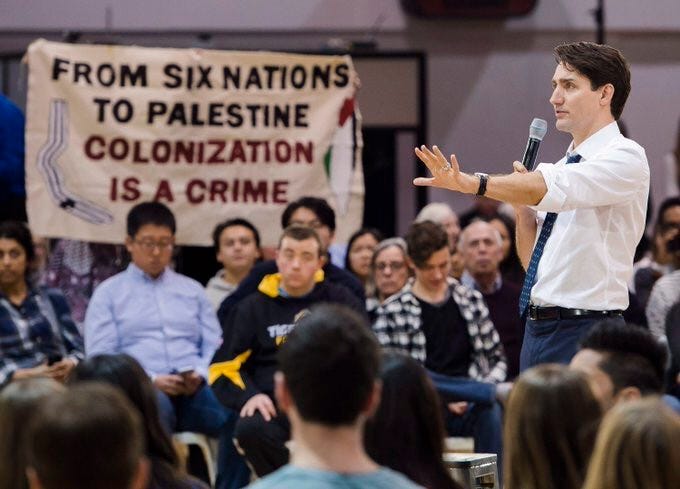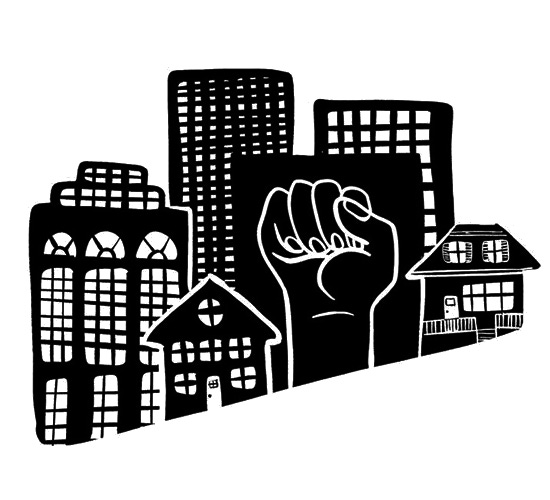Emma Paling on When Silence Is Strategy
Description
In this incisive episode, host Nashwa Lina Khan speaks with Canadian journalist Emma Pailing about how mainstream media in Canada—especially outlets like CBC—shape public understanding of Palestine and Israel.
With the Genocide in Gaza currently accelerating with mass starvation now compounding the daily killing it is vital to recognize how the dehumanizing language and double standards appear frequently in mainstream news coverage of Gaza, reflecting biased narratives and systemic narratives. Mainstream outlets often adopt dehumanizing frames when covering Gaza or censor to further the colonial project of empire. PR firms play a significant role in shaping public opinion behind the scenes by engineering consent and influencing media narratives to favor particular perspectives. Emma’s work has extensively covered this and media bias at CBC following October 2023 revealing whose voices are prioritized and whose are erased, highlighting disparities in coverage and representation.
If you appreciate the work we do please support groups like the Glia Project and the Palestinian Youth Movement’s weekly protests and listen to the last episode of Habibti Please Bearing Witness in Gaza: A Conversation with Dr. Sarah Lalonde.
Emma also broke a story on the surveillance, silencing, and repression of pro-Palestinian anti-genocide voices on Canadian campuses, illustrating the broader challenges faced by activists and educators advocating for justice especially given the settler-colonial existence of what we call Canada. While activists across social justice issues try to get organized, urban development, especially condo projects, are reshaping class dynamics and transforming grassroots organizing within cities, often reinforcing social inequalities. Nashwa and Emma then explore what a decolonial, anti-capitalist Canadian media landscape that would challenge these entrenched narratives, centering marginalized voices and emphasizing justice would look like. Both journalists and readers have a crucial role in demanding more accountability and integrity from our media institutions to foster truth and equity in public discourse.
With the genocide in Gaza accelerating—now marked by mass starvation alongside daily bombings—it’s vital to examine how mainstream Canadian media upholds systems of violence through dehumanizing language and double standards. From selective reporting to outright censorship, dominant outlets often reinforce colonial narratives that erase Palestinian life and struggle.
Public relations firms play a powerful, behind-the-scenes role in shaping public opinion—engineering consent and directing media narratives to align with state and corporate interests. In this context, journalism often serves empire rather than accountability.
A detailed investigation revealed how CTV/Bell Media banned the use of the word “Palestine,” framing it as “non-existent,” while disproportionately amplifying Israeli perspectives and sanitizing Palestinian suffering (Breach Media). Similarly, CBC’s The National showed stark imbalance in its post-October 7 coverage, featuring significantly more Israeli voices compared to Palestinian ones, often leaving Palestinians unnamed (Breach Media). Editorial policies at CBC have also been found to sanitize language around Palestinian deaths, avoiding terms like “murderous” or “brutal,” which are reserved only for Hamas (Breach Media). Adding to these media silencing tactics, Global News reportedly refused to air critical interviews that challenged Israeli policies due to pressure from pro-Israel lobby groups (Read The Maple).
Surveillance and repression extend beyond media, reaching into academic spaces. After a meeting between former Minister Selina Robinson and the UBC president, the Anthropology department was ordered to remove a statement condemning “genocidal violence in Gaza,” with warnings that political statements might bring liability, raising serious concerns about academic freedom (Breach Media).
While activists across social justice sectors strive to organize, urban development—especially condo-driven gentrification—reshapes class relations and disrupts grassroots networks. New reporting from Read The Maple details how Canada’s “condo class” has fragmented political organizing by displacing communities and weakening local power (Read The Maple).
Journalist Emma Paling has extensively covered these intersecting issues, including media bias at CBC following October 2023, and uncovered the surveillance, silencing, and repression of pro-Palestinian activism on Canadian campuses (Breach Media).
Together, Nashwa Lina Khan and Emma Paling explore what a decolonial, anti-capitalist Canadian media landscape might look like: one that challenges entrenched empire-aligned narratives, centers Indigenous, Palestinian, and other marginalized voices, and demands justice and accountability. Both journalists and audiences share the responsibility to push for media institutions that foster truth, equity, and meaningful public discourse.
Resources and Further Reading:
* Follow Emma Pailing on Twitter: @emma_pailing
Emma Paling – Selected Work
* Emma Paling's portfolio – A full overview of her published journalism and investigations.
* CTV’s racist double standards in Palestine coverage – An exposé on Bell Media’s internal censorship and disproportionate framing favoring Israel.
* Global News refused to air anchor’s reports on Israel – Reporting on internal silencing of critical voices within Canadian broadcast journalism.
* CBC avoids “murderous” language when Palestinians are killed – A critical look at editorial double standards and dehumanizing language at CBC.
* How Canada’s condo class disrupted political organizing – On urban gentrification and its impact on grassroots activism.
* Canada ramps up immigration enforcement while cooperating with ICE – A cross-border analysis of migration enforcement and its racialized consequences.
* Professors backing Palestine motions face alleged hack and legal intimidation – On repression of academic freedom and digital targeting.
* Canadian newspapers fail to disclose military experts' ties – Investigating conflicts of interest and lack of transparency in defense reporting.
<
